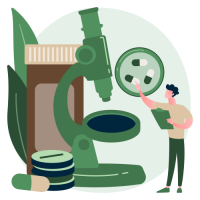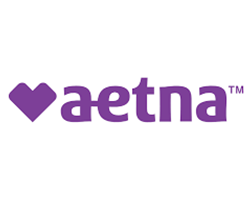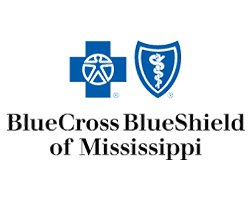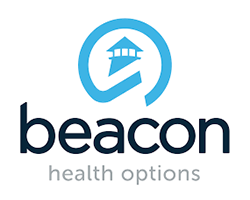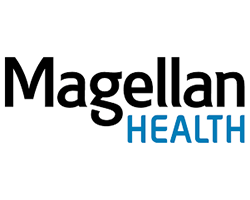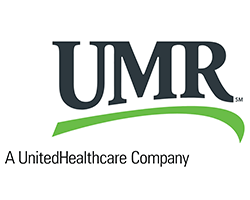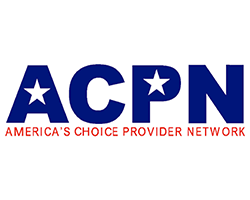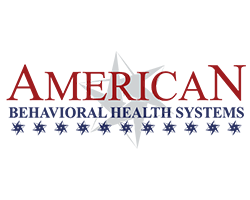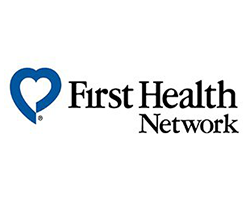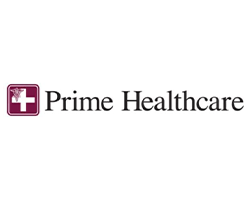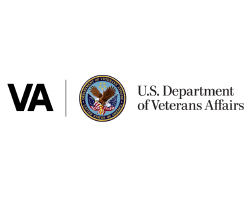Recovering from addiction is a journey that rarely follows a straight path. It demands patience, support, and compassion. By learning about the stages of addiction recovery, individuals and families can gain insight into what to expect and how to navigate this journey. Each stage builds upon the previous one, providing growth, healing, and change opportunities.
Whether someone is just beginning to consider addiction treatment or is actively working on long-term sobriety, knowing where they are in the process can be empowering. The stages help set expectations and make the road ahead feel more manageable. If you’re wondering where to start, an admissions consultant at Woodland Recovery Center can help guide you.
What are the stages of the Stages of Change model in addiction recovery?
The Stages of Change model, also called the Transtheoretical Model, outlines how people move through the process of change. This model is widely used in addiction recovery to better support people based on where they are in their readiness to heal. The six stages include:
- Precontemplation
- Contemplation
- Preparation
- Action
- Maintenance
- Relapse (sometimes included as a stage to show the cyclical nature of recovery)
This framework recognizes that recovery isn’t always linear. People may move back and forth between stages, and that’s okay. Understanding where someone is can help treatment providers offer the most effective care and support.
What happens during the precontemplation and contemplation stages?
In the precontemplation stage, a person may not believe they have a problem. They might feel defensive if someone suggests they need help. Often, people in this stage are still experiencing the negative effects of addiction but don’t yet connect those consequences to their substance use.
During the contemplation stage, individuals start considering the idea of making a change and reflect on its potential impact. They may still feel unsure or fearful, but the idea of recovery becomes more real. Open conversations with loved ones or professionals can be powerful during this stage. Speaking with an admissions consultant can help someone move toward action by answering questions and offering reassurance.
What does the preparation stage look like?
In the preparation stage, a person is ready to make a change. They might start researching addiction treatment programs or talking to others who have been through recovery. This stage is about building a plan and increasing motivation.
Support is crucial here. Encouragement from family, friends, or professionals helps turn readiness into action. Woodland Recovery Center helps people explore treatment options that fit their lives, whether they need full-time care or flexible outpatient support. Making the first call to an admissions consultant can be a turning point—contact 662.222.2989 today for expert support and guidance as you begin your recovery.
What happens during the action stage of recovery?
The action stage is when a person actively engages in treatment and begins making lifestyle changes. This could mean attending a day program, participating in group therapy, or beginning detox. It’s a time of growth, but it can also be emotionally intense.
- New habits are formed, and old patterns are challenged. The action stage often includes:
- Detox or medication-assisted treatment (MAT)
- Cognitive-behavioral therapy (CBT) or dialectical behavior therapy (DBT)
- Family or group therapy
Clients are not expected to do it alone. Woodland Recovery Center provides structure, clinical care, and encouragement throughout the journey.
How is the maintenance stage different from early recovery?
The maintenance stage begins after the main treatment phase ends. This stage focuses on staying sober, building healthy routines, and managing daily stress without substances. It’s about applying what was learned in treatment to everyday life.
Relapse prevention becomes a key focus. Clients may continue with therapy, attend support groups, and stay in touch with recovery peers. Aftercare and alumni programs help maintain progress. Woodland Recovery Center offers ongoing support to help clients feel connected and confident.
What if relapse happens—does that mean failure?
Relapse doesn’t mean failure. It means the person needs more support or a different approach. Many people face relapse during recovery, which can be an opportunity for learning and growth.
Understanding relapse as part of the cycle, not the end, can reduce shame. At Woodland Recovery Center, relapse is met with compassion. Our team reassesses each client’s needs and helps them get back on track through additional therapy, support, or adjustments to their plan.
What support systems help clients move through the stages of addiction recovery?
Support systems are essential at every stage of recovery. People do better when they don’t have to walk the path alone. These supports may include:
- Therapy: One-on-one and group sessions help clients explore emotions and build skills
- Peer support: Being surrounded by others who understand builds confidence and reduces isolation
- Family involvement: Family therapy helps loved ones understand recovery and rebuild trust
- Aftercare: Continued care after treatment prevents setbacks and encourages progress
Woodland Recovery Center offers a variety of support services. Our admissions team can assist you in understanding which resources best fit your needs.
How do recovery stages differ for alcohol vs. drug addiction?
The stages of recovery are similar across substances, but some details differ. Alcohol recovery often involves a medically supervised detox due to risks like seizures. Cravings can be intense, and emotional healing may take time.
Drug recovery can vary depending on the substance. Opioids, stimulants, and benzodiazepines each have unique withdrawal symptoms and treatment needs. Some may benefit from medication-assisted treatment, while others focus more on therapy and life skills.
Woodland Recovery Center creates personalized alcohol and drug addiction treatment plans that match each client’s background and substance use history. Whether you’re recovering from alcohol, prescription drugs, or illicit substances, our team can guide your path forward.
What challenges can arise at each stage?
Each stage of recovery comes with its difficulties:
- Precontemplation: Denial, lack of awareness, defensiveness
- Contemplation: Fear of failure, uncertainty about the future
- Preparation: Anxiety about change, not knowing where to begin
- Action: Withdrawal symptoms, emotional overwhelm, social pressures
- Maintenance: Boredom, triggers, overconfidence
- Relapse: Shame, guilt, and fear of starting over
These challenges are common. Woodland Recovery Center helps clients face these obstacles with care, encouragement, and practical strategies to keep moving forward.
How does Woodland Recovery Center support clients at every stage?
Our team understands that no two recovery journeys are the same. We offer services and treatment that support each stage, including:
- An initial assessment to identify where someone is in the recovery process
- Medical detox and MAT to support physical withdrawal
- Group therapy and day programs tailored to each client’s needs
- Veteran-specific services and young adult support
- Sober living options for those in active care
- Ongoing aftercare and alumni programs for long-term success
Whether you’re just beginning or need help after a relapse, our team will help create a plan that fits your life.
What happens after you complete an addiction treatment program?
Finishing a program doesn’t mean recovery is over. It means a new phase is beginning. Transitioning out of drug or alcohol addiction treatment requires a plan for continued growth and accountability.
Woodland Recovery Center helps clients develop aftercare plans that include:
- Regular therapy appointments
- Community or alumni groups
- Relapse prevention strategies
- Help finding sober housing
Recovery becomes part of everyday life, not something separate. With the right tools, clients continue to build a life they’re proud of.
Is it ever too early or too late to start recovery?
It’s never too early or too late to seek help. Some people benefit from early intervention, while others enter recovery after many years of use. Both paths are valid, and both deserve compassionate care.
The most important step is the first one. Whether you’re worried about yourself or a loved one, speaking with an admissions consultant is a great place to begin. There’s no judgment—just support.
Begin your journey to recovery with the support of Woodland Recovery Center—call us today
The stages of addiction recovery help create a clear, hopeful path forward. Each step builds strength, self-awareness, and resilience. At Woodland Recovery Center, we walk beside you through every part of that journey.
We understand the emotional ups and downs. We offer evidence-based treatment, flexible program options, and ongoing care. Whether you’re just starting out or returning after a setback, we’re here to support you. Call 662.222.2989 or use our online contact form to speak with an admissions consultant today. You don’t have to go through recovery alone.



